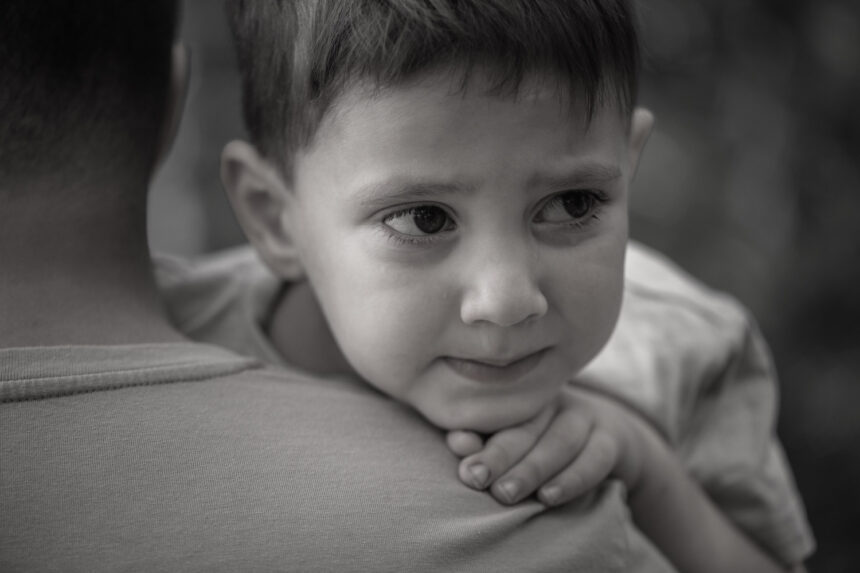Dads at a Disadvantage in family court, especially when a dad are framed or falsely accused by his ex-spouse.
In a recent study conducted by the Pew Research Center, it was found that dads are at a disadvantage in family court when compared to moms. The study looked at the custody of children and how the parents were able to share parental responsibilities. 50% of fathers received joint custody while only 31% of mothers got it. In addition, 60% of women but only 20% of men reported getting sole custody.
This is an issue that has been discussed in the media before, but not as much as it should be. The study also revealed that dads are more likely than mothers to get primary custody when there is a divorce or separation (61% vs 32%). This is because fathers tend to make more money than mothers do, which makes them better able to pay child support or alimony if needed during divorce proceedings or after separation from their spouses.
When fathers lose custody due to mistakes made during divorce proceedings or other mistakes which could have been avoided by either one party involved in the situation, this can cause problems for both parties involved and their children who may have been affected negatively by these events over time if left unresolved from both parties involved.
How often do fathers get 50-50 custody?
Have you ever wondered why dads get only 50/50 custody of their children in cases where the father is not accused of domestic violence?
Well, if you’re a dad that’s been falsely accused by your ex-spouse, then chances are you don’t get custody.
The reason is simple: fathers are at a disadvantage in family court. There is no presumption of equal parenting time, and there is often little incentive for the judge to award 50/50 parenting time to a dad who has been falsely accused by his ex-spouse.
The reasons for this are many and varied, but one factor that has been shown to be important is whether or not the father was framed or had his reputation unfairly damaged. If so, then a judge can be more generous in determining who will have custody of the child (i.e., give it to the mother).
Are Dads at a Disadvantage when trying 50:50 custody?
You know those percentages? The ones that tell you the likelihood of a given outcome in a certain situation?
Well, for dads, those numbers are usually pretty slim. In fact, according to the National Center for Fathers’ Rights (NCFR), fathers are less likely than mothers to get custody of their children when they divorce.
Why? Well, there’s no simple answer—but it’s complicated. There’s no question that some dads are more likely than others to lose custody of their children due to abusive behavior or other issues regarding their ex-spouse. But there are also many reasons why this happens that don’t have anything to do with the dad at all!
For example: one study found that fathers who were framed or falsely accused by their ex-spouses were more likely to lose custody than those who weren’t. And researchers have also found that when mothers file for divorce and allege abuse on behalf of themselves and their children (which happens quite often), courts tend to give them significantly more access rights than they do men who claim the same things happened between them and their partners.
So what can you do if you’re worried about your chances of getting 50/50 custody? It’s important to realize that there is one.
How Often Do Fathers Get 50 50 Custody?
I’m writing this because I think it’s important for dads to know about the challenges they face in family court.
Here’s the deal: In divorce proceedings, it is not uncommon for one parent to be awarded 50/50 custody of their children. This can feel like a win-win situation: both parents get equal time with their children, and the kids don’t have to spend all day with one parent or another.
But there are some very real risks involved with this arrangement. If you’re a dad who has been granted 50/50 custody, here are 3 things you need to know:
1) Your ex-spouse could try to frame you or make false accusations against you in order to get more time with your kids than you deserve. This could happen even if there were never any problems between your exes before the divorce. The fact that both parents have equal access to their children will not protect them from being accused of wrongdoing by their exes—and that’s what happens when there is a conflict between two parents who can’t agree on how much say each should have over how much time each gets with their children.


